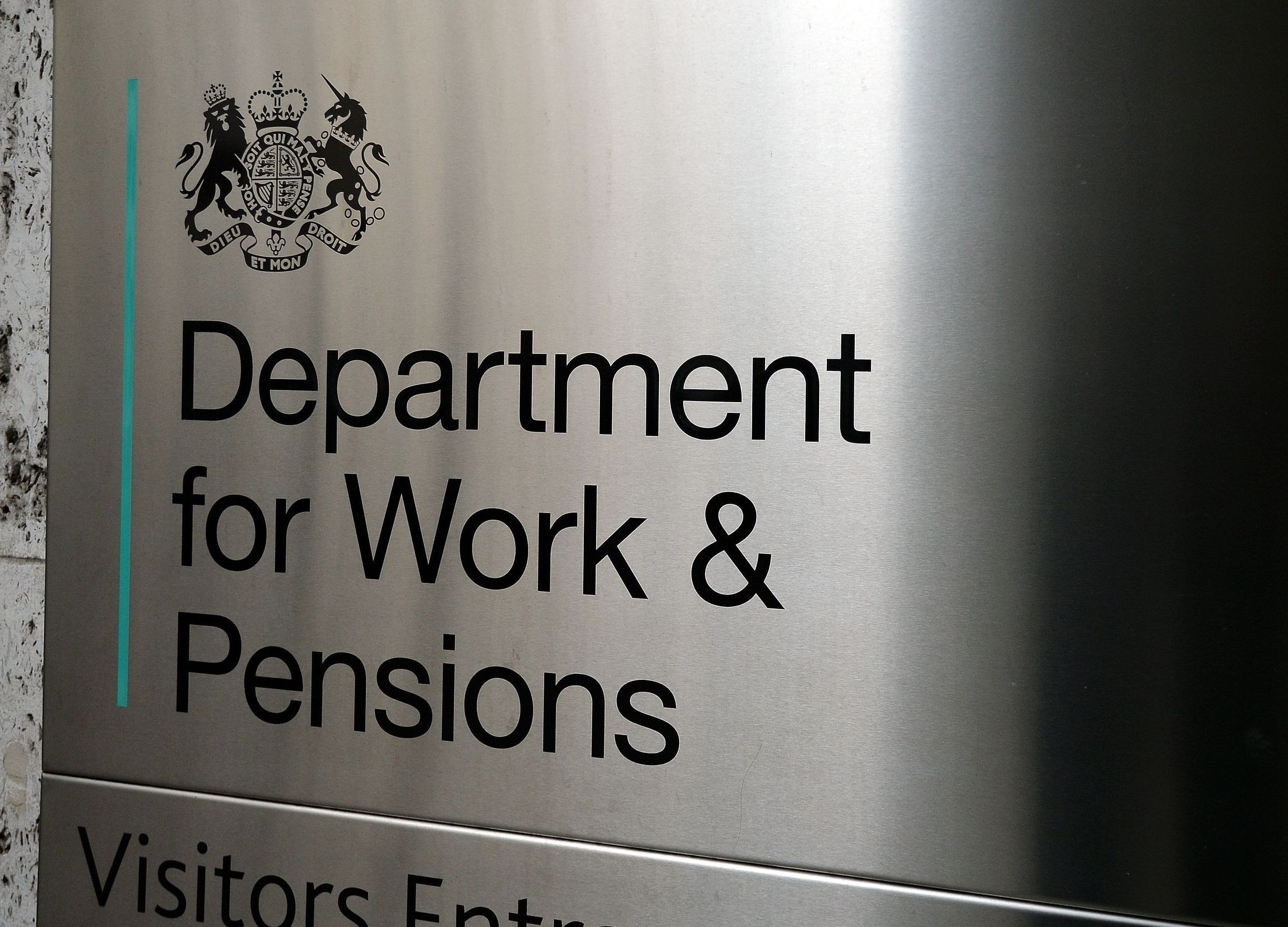Hikes to the state pension age are partially contributing to an uptake in DWP claims
Hikes to the state pension age are partially contributing to an uptake in DWP claims
The state pension age rises every couple of years but this is having consequences for the benefits system
Don't Miss
Most Read
Trending on GB News
Increases to the state pension age have contributed to an uptake in Britons applying for working-age benefit payments from the Department for Work and Pensions (DWP), new research has found.
The Resolution Foundation's "Under Strain" report has found real-terms spending on these payments have risen by a third over the past decade and disability benefits by 89 per cent, including Personal Independence Payment (PIP). Spending on working-age health-related benefits has jumped from £28billion to £43billion over this period.
According to the think tank, changes to the state pension age and a growing older population in the UK are contributing factors to public spending on working-age disability benefits going up.
Between 2013 and 2023, there has been a 25 per cent increase in new claims to payments like PIP, the equivalent of 272,000
Based on the Resolution Foundation's findings, a pension age means more older people must apply for working-age rather than pensioner benefits, such as Attendance Allowance.
Furthermore, recipients of working-age disability benefits usually still claim them one they hit retirement age.
Do you have a money story you’d like to share? Get in touch by emailing money@gbnews.uk.
 State pension age will rise to 67 by 2028 then it will further increase to 68 GETTY
State pension age will rise to 67 by 2028 then it will further increase to 68 GETTYThis remains the case until a situation triggers a reassessment from the DWP and they move into the pensioner-equivalent benefit.
The growing caseload is being cited as the reason behind the predicted increase in incapacity benefit spending between 2013-14 and 2028-29.
In 2012-13, some 5.9 million or 16 per cent of working-age adults in Great Britain reported that they had a disability.
However, by 2022-23, this figure has jumped to 8.9 million, nearly a quarter of the working-age population.
In its report, the Resolution Foundation stated: "Overall, it is easy to see why political anxiety rides high when it comes to the rise in working-age health-related benefits. But what has driven up the caseload claiming these benefits in the last decade? One plausible explanation is demographic change.
"Britain’s population is ageing and, self-evidently, older people are more likely to have a disabling health condition or impairment than those in younger age groups."
As it stands, the state pension age is 66 years old and is expected to rise to 67 between 2026 and 2028.
A further hike to 68 years old is legislated to take place sometime 2044 and 2046 but some analysts have suggested bringing this forward sooner.
In its recommendations to cut benefit spending, the Foundation is urging any future Government is to address why so many working-age people in the UK have health conditions that make it difficult for them to remain in employment.
Notably, the think tank signaled that the NHS and other public services will need to play a key role in tackling this issue.
LATEST DEVELOPMENTS:

Spending on DWP disability benefits has skyrocketed in the last 10 years
PALindsay Judge, research director at the Resolution Foundation, explained: “Real-terms spending on working-age incapacity and disability benefits has increased by £15 billion over the past decade, despite several policy drives to reduce it.
"Spending is set to accelerate in the years ahead too, up by a further £20 billion a year by the end of the decade.
"The underlying increase in ill-health and disability poses a major challenge to policy makers, and to the millions of people whose living standards are affected by their conditions.
“There are no easy fixes to this problem. This isn’t down to people gaming the system, or support somehow being easier to claim. Nor is it the case that a so-called ‘benefits clampdown’ would produce easy, pain-free savings.








